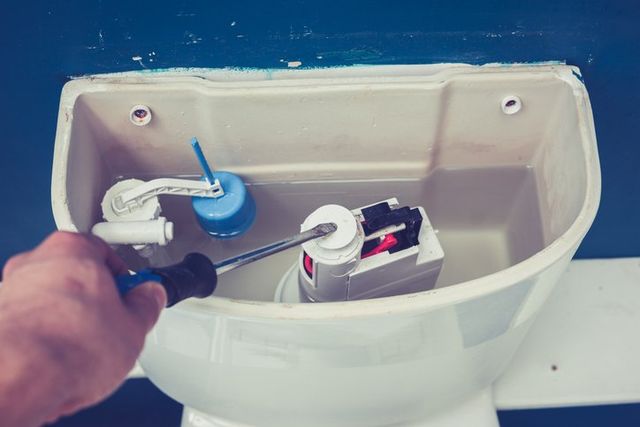We've noticed this post about Common Hot Water Heater Problems directly below on the net and figured it made sense to talk about it with you over here.

A hot water heater is one of one of the most vital fundamental appliances that can be found in a house. With hot water heater, you do not need to go through the tension of home heating water manually every single time there is a demand to wash, do the laundry, or the meals. There is always an opportunity that your water heating unit would certainly act up as with most mechanical gadgets.
It is essential to note any kind of little breakdown and also tackle it quickly prior to points leave hand. A lot of times, your water heater starts to malfunction when there is an accumulation of debris as a result of continual use. As a preventative measure, periodic flushing of your hot water heater is advised to avoid debris buildup and also prevent practical failing.
Common hot water heater emergencies and how to handle them
Leaking hot water heater tank.
In this scenario, you ought to turn off your water heater, enable it to cool down, as well as very carefully look for the source of the issue. At times, all you require to do is to tighten a couple of screws or pipe links in situations of minor leaks. If this doesn't work and also the leak lingers, you might require to employ the solutions of a service technician for an appropriate replacement.
Rising and fall water temperature.
Your water heater can begin producing water of different temperature levels usually ice scalding or chilly hot. There may be a requirement to change either the thermostat or the home heating system of your water heater.
Insufficient hot water
It may be that the water heating system can not sustain the hot water need for your house. You can upgrade your water heating unit to one with a bigger capability.
Blemished or smelly water
When this occurs, you require to recognize if the concern is from the water or the storage tank resource. If there is no funny odor when you run cool water, then you are certain that it is your water heater that is damaged. The stinky water can be triggered by corrosion or the build-up of microorganisms or debris in the water heating unit container.
Final thought
Some property owners ignore little warning and also minor faults in their hot water heater device. This just causes more damage and also a feasible complete malfunction of your appliance. You should manage your water heater mistakes as quickly as they come near prevent more expenses as well as unnecessary emergency difficulties.
With water heating units, you do not require to go via the tension of heating water by hand every time there is a demand to take a bathroom, do the washing, or the recipes. Your water heating system can begin creating water of various temperature levels generally ice chilly or scalding warm. It may be that the water heating unit can't sustain the hot water need for your apartment. If there is no funny odor when you run cold water, then you are particular that it is your water heater that is defective. The stinky water can be caused by corrosion or the build-up of germs or debris in the water heater storage tank.
Common Water Heater Issues and What You Should Do
What Type of Water Heater Do You Have?
Before we begin it’s first important that you identify the type of water heater you have on your property. There are two main types of water heaters out there: conventional and high efficiency.
Both of these types of products typically use either gas or electricity to heat power. There are also solar water heaters that use a thermal collector on the roof or yard to heat the water.
While these models are not as common, they can cut heating costs in half. In this article, we will focus on conventional and high efficiency.
How Do My Electric and Gas Water Heater Work?
Though they look similar, electric and gas water heaters work very differently. It’s important to know their basic function because often problems can be specific to the heating source.
In the electric model, a thermostat on the side of the machine detects the temperature of the water in the tank. When the temperature needs to rise electricity flows to a heating element suspended in the water.
Gas models also use a thermostat device — typically with a mercury sensor at the tip and an additional sensor called a thermocouple. The thermocouple detects whether the pilot light is on and controls the flow of gas.
When the thermostat drops below the appropriate level gas is released which becomes ignited by the pilot light. The flame heats the bottom of the water tank which causes hot water to rise and cold water to drop.
This natural circulation continues until the water reaches the desired temperature. Then, the thermostat triggers the gas control valve to shut off the flow of gas.
What Are the Most Common Issues and How Do You Fix Them?
https://happyhiller.com/blog/common-water-heater-issues-and-what-you-should-do/

As a serious reader about The Importance of Water Heater Maintenance, I was thinking sharing that piece of content was a smart idea. Make sure you take a moment to share this post if you liked it. Thank you for taking the time to read it.
Precision work offered.